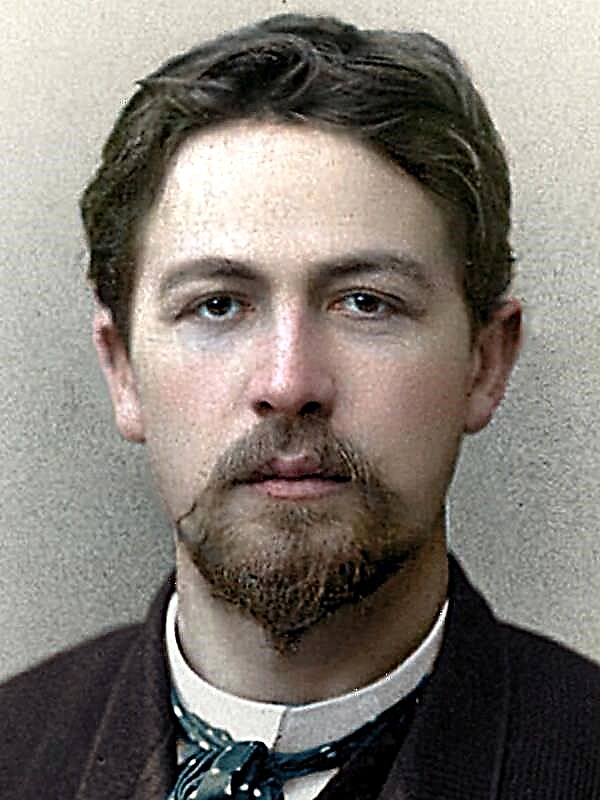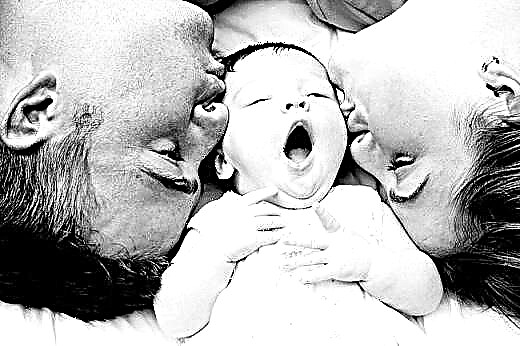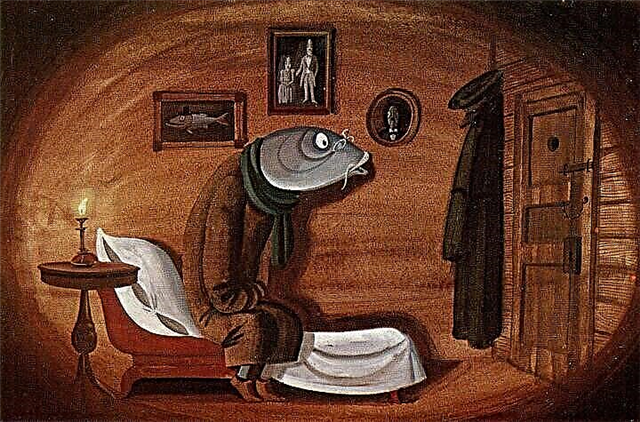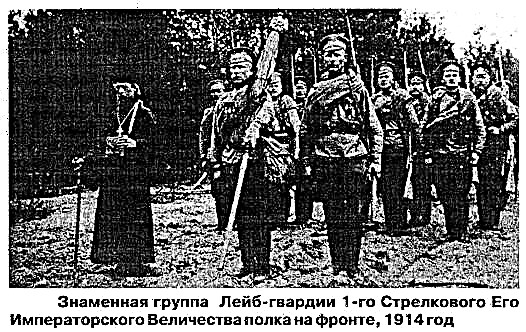The work is based on biblical legends about the race of Israel. Isaac and Rebekah had two twin sons - Esau and Jacob. The first was born a hairy Esau, while Jacob did not have hair on his body, he was considered the youngest and was a favorite of his mother. When Isaac, weakening and almost blinded by his old age, called for his eldest son and ordered to cook a game dish so that his father would get a meal before his blessing, Rebekah went on a forgery: tying open parts of Jacob's body with goat skins, she sent him to her father under the guise of an older brother . Thus Jacob received the blessing destined for Esau.
After this, Jacob was forced to flee. The son of Esau, Eliphaz rushed after him in pursuit, and Jacob had to beg his nephew to save his life. He spared his uncle, but took all his luggage from him. Jacob, who spent the night in the cold, had a divine vision.
After seventeen days of travel, Jacob arrived in Harran, where he began to live with the family of Laban, an uncle from his mother. He immediately fell in love with his youngest daughter, Rachel, but Laban concluded a written contract with him, according to which Rachel would become his wife no earlier than after seven years of service with her father. For seven years, Jacob faithfully served Laban - he was not only a skilled cattle breeder, but also managed to find a source on the dry land of Laban, thanks to which he could plant lush gardens. But Laban still had the eldest daughter, Leah, and her father believed that she should be married first. However, Jacob flatly refused the ugly Leah.
After seven years, they got married. In the cover of the night, wrapping Leah in Rachel’s wedding cover, Laban let her into Jacob’s bedroom and he didn’t notice anything. The next morning, having discovered the forgery, Jacob was furious, but Laban expressed his willingness to give him the youngest, provided that Jacob remained in the house for another seven years. Then Jacob set his condition - to divide the herds.
So the years went by, and Leah brought Jacob a son every year, and Rachel could not get pregnant. Jacob took her maid, Valla, as a concubine, and she had two sons, but Rachel was still barren. At this time, Leah also stopped giving birth, advising Jacob to take her maid, Zelf, as a concubine. She also brought him two sons. Only in the thirteenth year of marriage did Rachel finally become pregnant. In heavy torment, she gave birth to Joseph, who immediately became the favorite of his father.
Soon, Jacob began to notice that the brothers of his wives looked askance at him, envious of his fat herds. He heard a rumor that they were plotting to kill him, and Jacob decided to leave with the whole family and rich belongings. The wives immediately set to work, and Rachel secretly took clay gods from her father’s sanctuary. This was the reason for the chase. However, having overtaken Jacob and having made a real search in his camp, Laban did not find what he was looking for, since the cunning Rachel managed to hide the clay figures in a pile of straw, on which she lay, speaking ill. Then the Incense took an oath from Jacob that he would not offend his daughters and grandchildren, and left.
Towards the caravan of Jacob, Esau came out with a detachment of four hundred horsemen. However, the meeting was friendly. Esau offered Jacob to settle together, but he refused. Having taken the cattle donated by Jacob, Esau returned to his house, and his brother continued on his way.
Jacob pitched his tents not far from the city of Shekem and agreed with the elders to pay for a wedge of land. Jacob and his family lived for four years at the walls of Shekem, when the princely son Sheche laid eyes on his only daughter, thirteen-year-old. The old prince appeared to marry. Jacob called for the advice of the ten eldest sons, and they set the condition: Shechem must circumcise. A week later he came to say that the condition was fulfilled, but the brothers announced that the rite was not performed according to the rules. Shechem with curses left, and four days later, Dean was kidnapped. Soon, the people of Shechem appeared to Jacob, offering to pay a ransom for Dina, but the brothers demanded that all the men be circumcised, and on the day appointed by the brothers. When all the men of the city came to their senses after the rite, the Dina brothers attack Shekem and set their sister free,
Jacob was furious at the act of his sons and ordered to go away from the place of bloodshed. Dina was pregnant; by decision of the men they threw the baby as soon as he was born.
Rachel was also pregnant at that time. The birth began on the road and was so difficult that the mother died, having only time to look at the boy born into the world. She ended up calling him Benoni, which means "Son of Death." The father chose the name Benjamin for his son. Rachel was buried by the road; Jacob was very sad.
He reached Migdal Eger, where the son of Leah Reuben sinned with the concubine of his father, Valla. Jacob, learning about his act from Joseph, cursed his firstborn. Reuben hated his brother forever. In the meantime, Isaac died, and Jacob barely had time for his father's funeral.
Until the age of seventeen, Joseph was herding cattle with his brothers and was engaged in science with the senior slave of Jacob Eliezer. He was prettier and smarter than his older brothers; was friends with the younger, Benoni, and took care of him. The older brothers did not like Joseph, seeing that his father sets him apart.
Once, Jacob gave Joseph a wedding cover for his mother, and he began to brag about him without restraint, causing irritation and anger of his older brothers. Then, while working in the field, he told the brothers a dream: his sheaf is in the center, and around - the sheafs of the brothers, and everyone bowed to him. A few days later he dreamed that the sun, moon and eleven stars bow to him. This dream made the brothers so furious that Jacob was forced to punish Joseph. However, the outraged elder sons decided to leave with the cattle in the Shekem valleys.
Soon, Jacob decided to make peace with his sons and sent Joseph to visit them. Secretly from his father, Joseph took Rachel's blanket with him, in order to still show off before his brothers. Seeing him in a sparkling veil of sparkles, they fell into such fury that they nearly tear him to pieces. Joseph miraculously survived. To top it off, the brothers tied him up and threw him to the bottom of a dry well. Themselves hastened to retire, so as not to hear the heartbreaking screams of Joseph.
Three days later, the passing Ishmael merchants rescued Joseph. Later they met the brothers. They, introducing Joseph as their slave, said they threw him into the well for misconduct, and agreed to sell it at a reasonable price. The deal has taken place.
The brothers nevertheless decided to inform their father that he would never see his beloved again, and sent two messengers to him, giving them Rachel's smeared with sheep’s blood and tattered blanket.
Having received material evidence of Joseph’s death, the old man Jacob fell into such grief that he didn’t even want to see his sons who came to him a few days later. They finally hoped to win their fatherly disposition, but they incurred even greater disfavor, although the father did not know about their true role in the disappearance of Joseph,
And Joseph went with a trade caravan and with his scholarship and eloquence so disposed the owner to himself that he promised to arrange him in Egypt in a noble house.
Egypt made a strong impression on Joseph. In Oise (Thebes), he was sold to the house of the noble nobleman Petepera, the bearer of the royal fan. Thanks to his natural ingenuity, Joseph, despite all the machinations of the servants, quickly moved to the assistant manager, and when the old manager died, he became his successor.
Joseph served seven years in the house of Petepra, when the mistress of the house aroused passion for him. In order to bewitch Joseph, the mistress for three years resorted to various tricks, not even trying to hide her passion. However, Joseph considered himself not entitled to give in to temptation. Then Mutem-Enet seized the moment when all the family members left for the city for a holiday, and lured Joseph who returned early to his bedroom. When he rejected her harassment, she screamed at the whole house that Joseph wanted to take her by force. The proof was the piece of his dress that remained in her hand.
Joseph did not make excuses to the master and ended up in the prison of the pharaoh, where he spent three years. Immediately imbued with sympathy, the head of the dungeon, Mai-Sahme, and appointed him overseer.
Once, two high-ranking prisoners — the chief butler and the chief baker of the pharaoh — were brought to prison. They were accused of high treason, but the sentence has not yet been pronounced. Joseph was assigned to them. Three days before the announcement of the verdict, both had dreams and asked Joseph to interpret them. He considered that the baker’s dream speaks of imminent execution, and the butler’s dream - of the highest pardon. So it happened, and saying goodbye, Joseph asked the cupbearer on occasion to put in a word for him in front of the pharaoh. He promised, but, as Joseph had supposed, he immediately forgot about his promise.
Soon, the old pharaoh died and the young Amenhotep IV ascended the throne. One day he had a dream about seven fat and seven skinny cows, and then about seven full and seven empty ears. The whole courtyard vainly struggled over the answer to the dream, until the chief cupbearer remembered his former overseer.
Joseph was called to the pharaoh, and he explained that ahead of Egypt were waiting for seven fruitful and seven hungry years, and we must immediately begin to create grain reserves in the country. Pharaoh liked the reasoning of Joseph so much that he immediately appointed him Minister of Food and Agriculture.
Joseph was very successful in his new field, carried out a reform of agriculture and promoted the development of irrigation. He married an Egyptian woman who bore him two sons - Manasseh and Ephraim. Pharaoh continued to favor his minister, and he now lived in a large, beautiful house with many servants. He made his former jailer and great friend Mai Sahme the manager. For several years, the harvest in Egypt was indeed unprecedented, and then drought came. By that time, Joseph was able to create large reserves of grain in the country, and now Egypt has become the breadwinner of all neighboring lands, from where caravans constantly came for food. The treasury grew rich, and the authority and power of the state was strengthened.
At the direction of Joseph, all arriving in the country were registered, recording not only the place of permanent residence, but also the names of the grandfather and father. Joseph was waiting for the brothers, and finally one day he learned from the list delivered to him that they had come to Egypt. It was the second year of the drought. Jacob himself sent his sons to Egypt, no matter how disgusted him. All sons by that time had already acquired families, so now the tribe of Israel totaled seventy-odd people and all had to be fed. Only the old man left Benjamin with him, since after the death of Joseph he especially treasured the younger son of Rachel.
When the ten sons of Jacob appeared before the Egyptian high minister, he hid who he was and imposed a strict interrogation on them, pretending to suspect them of espionage. Despite all the assurances of the brothers, he left one hostage, and sent the rest on the return trip, ordering him to return with Benjamin. Together with the manager, Joseph came up with another trick - he ordered to put in the bags of grain the money that the brothers paid for the goods. Finding this at the first halt, the brothers were amazed. Their first impulse was to return the money, but then they decided that it was a sign from above, and began to pray, remembering their sins.
Jacob at first reproached his sons, but when in the end the supplies purchased in Egypt were exhausted and it became clear that he had to go on his journey again, Jacob changed his temper to mercy and released his sons, this time with Benjamin.
Now Joseph received the brothers at home, said that he had removed their suspicions, and treated him to dinner. He seated Benjamin next to him and during the meal he constantly talked with him, asking about his family and discovering knowledge of such details that no one but Benjamin and Joseph could know about. Then the younger brother first crept in the suspicion that Joseph was missing. Joseph himself decided not to open yet, but planned to return the brothers from halfway.
He ordered that a fortune-telling cup be placed in Benjamin’s sack, which he showed the guest during dinner. When the caravan was returned with shame, the brothers again appeared before the angry Joseph. He demanded that Benjamin be left with him, to which Judas, the fourth of the elders, decided to appease Joseph and, repenting of his sins, admitted that many years ago they beat him half to death and sold their brother Joseph to slavery. Reuben, who did not participate in that bidding, and Benjamin, who was also not involved in the atrocities, terrified this news.
Then Joseph called himself and took turns hugging the brothers, showing that he had forgiven them. He promised to resettle the entire family of Israel in the land of Gosen, on the outskirts of Egyptian possessions, where you can graze countless herds of Jacob on the fat pastures. Pharaoh approved this plan, since he was sincerely glad for the happiness of his friend.
On the way back, the brothers could not decide how to tell the good news to old Jacob. But not far from their destination, they met the daughter of one of the brothers, who was instructed to prepare the grandfather for the good news. The girl went to the village, on the go composing a song about Joseph's resurrection. Upon hearing her singing, Jacob at first became angry, but the brothers unanimously confirmed the truth of the girl’s words, and then he decided to immediately go on a journey to see his beloved son before his death.
Crossing the Egyptian border, Jacob set up a camp and sent the son of Judah after Joseph. When Joseph’s chariot appeared in the distance, the old man got up and went to meet him. There was no end to joy.
Pharaoh appointed Joseph's brothers as overseers of the royal cattle. So Jacob with his kind settled in the land of Gosen, and Joseph continued to carry out state affairs.
Feeling that he was dying, Jacob sent for Joseph. He, along with his sons, appeared before the old man. Jacob blessed the young men, accidentally confusing which of them was the eldest, so that the birthright was again violated.
Soon, Jacob called all the sons to him. He blessed some of them, and cursed some, surprising many who gathered. The rights of the elder were given to Judah. Jacob was buried in the family cave, and after the funeral, the sons of Leah, Zelfa, and Walla asked Benjamin to put in a word for them in front of Joseph. Benjamin asked his brother not to keep them angry, Joseph only laughed, and together they returned to Egypt.

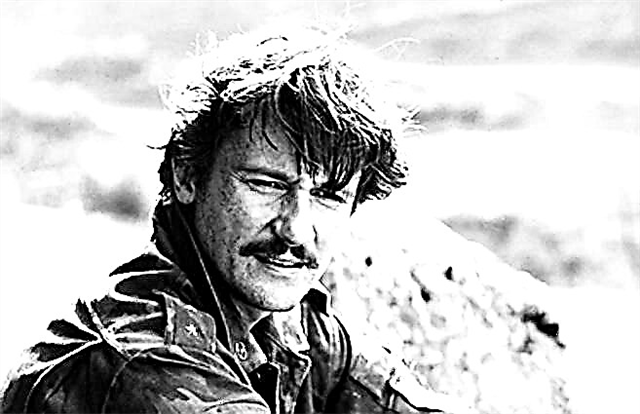

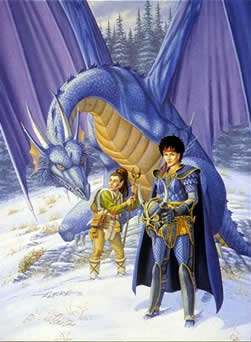
 How to write well
How to write well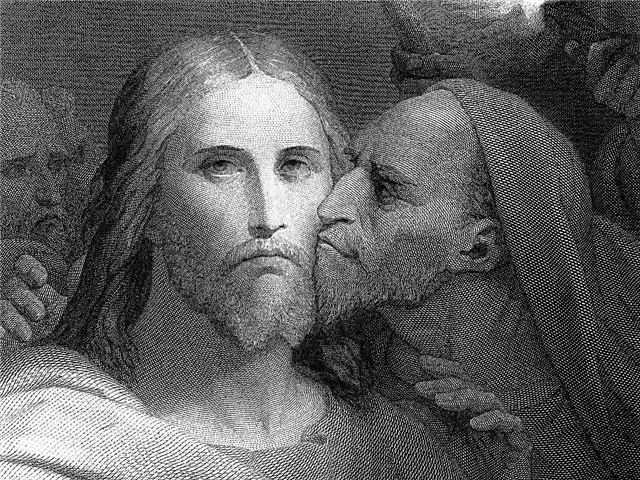
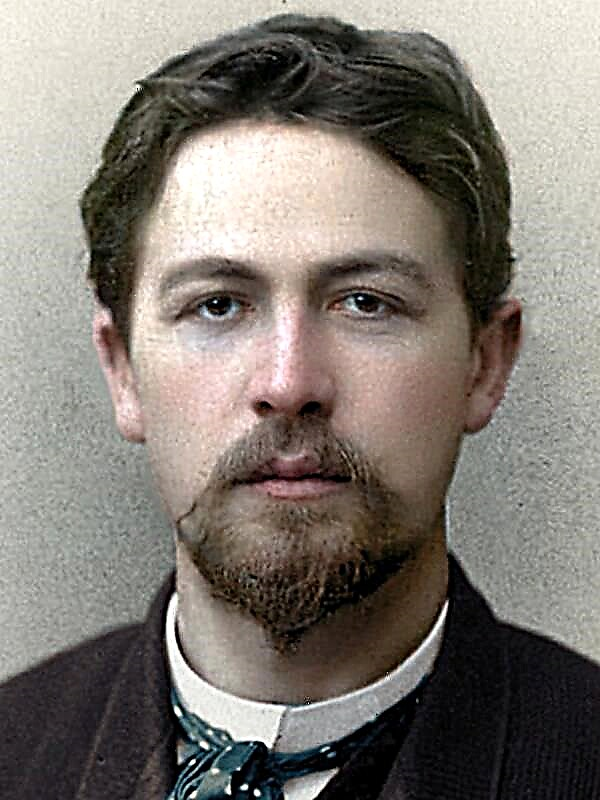
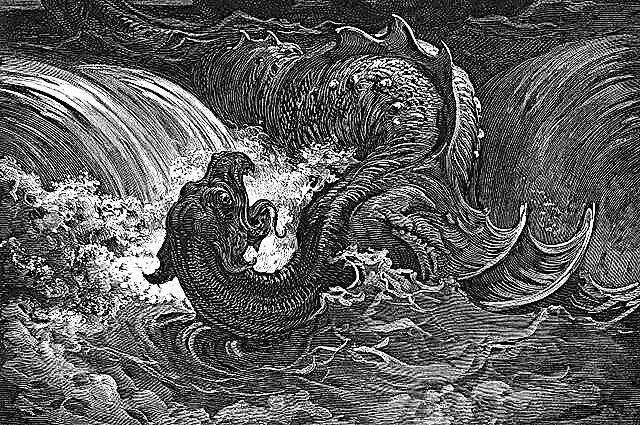
 Clarissa
Clarissa